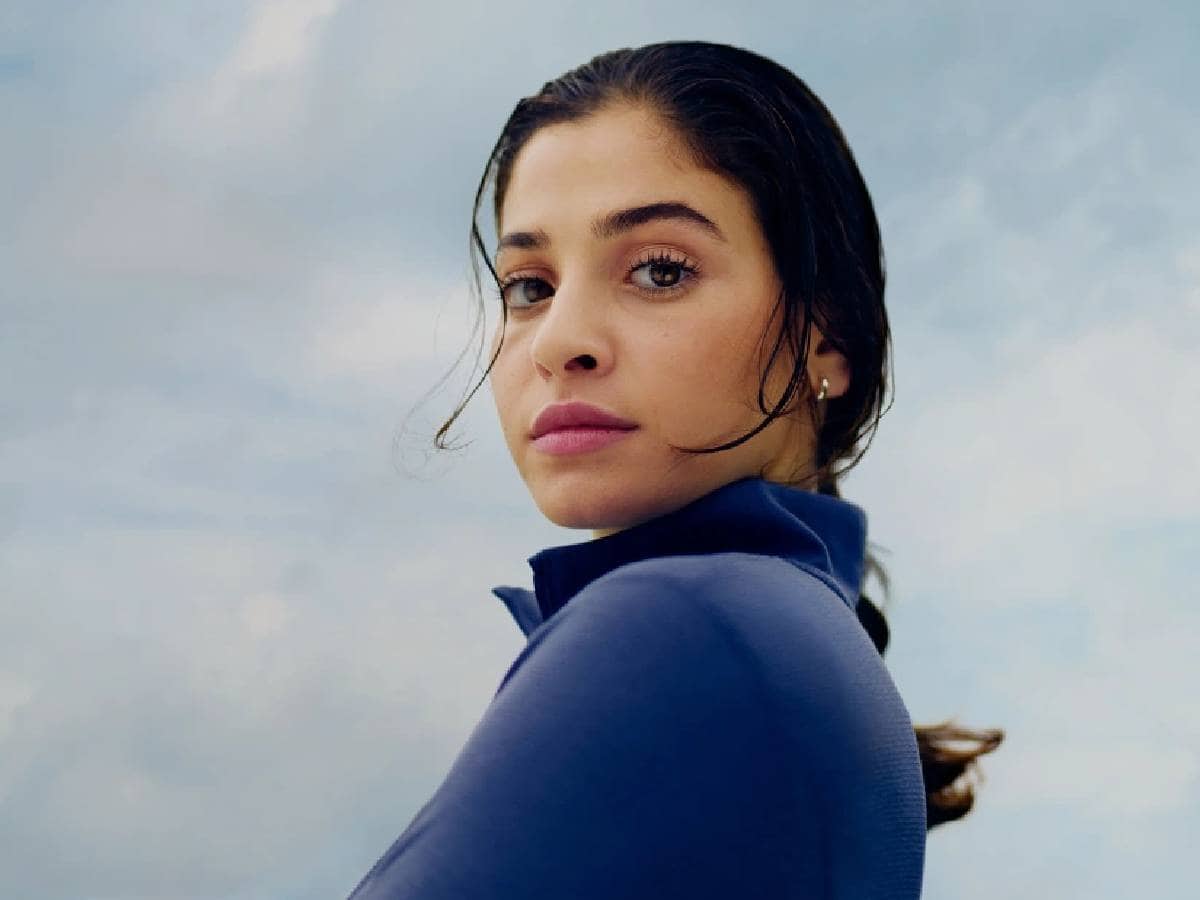In 2015, Yusra Mardini was a teenager when she escaped the war in Syria. She swam for three in the open sea, steered a sinking boat, saved the passengers on board and then trekked from Greece to Germany on foot.
She is now representing the Refugee team in swimming at the ongoing Tokyo Olympics this summer. Mardini is among the 29 athletes on the Refugee Olympic Team, which is competing in 12 disciplines at the Olympics.
The Syrian refugee is also the youngest UNHCR Goodwill Ambassador, the UN refugee agency.
Her father, Ezzat, a swimmer who competed on Syria’s national swimming team, and her psychotherapist mother, had long avoided fleeing the country despite the raging war until there was no other choice. Yusra left home in Darayya in suburban Damascus, in 2015, four years after the war in Syria began.
It had become impossible for Yusra and her sister, who entered the world of swimming earlier than Yusra and had also won some medals back home, to reach the pool where their father trained them amidst the chaos. The sense of urgency became glaringly apparent when their father was arrested and beaten by regime soldiers and her house was destroyed.
The family decided that Yusra, who was 17 at the time, along with her sister Sarah could leave, despite the risks it posed. As it was impossible for the whole family to escape, so their relatives managed to get them to Turkey.
Her strength and fitness drained during the period she couldn’t swim, but years of training two hours a day came in handy when faced with a crowded boat that smugglers provided which was to take them from the coast of Turkey to Greece.
Ezzat had trained Yusra and Sarah to be “the best swimmers on earth, ever!” But as they were on their way to chase their dream and prove that to the rest of the world, their swimming was tested in the fight to save 18 refugees, as well as themselves.
Around after 15 minutes of leaving the Turkish coast, the engine of the boat that the smugglers provided had failed. As the waves were raging and the vessel started to sink despite everyone tossing overboard, everything they could. The ship that was designed to hold seven, had been stuffed with 20 people.
As desperate times call for desperate measures, Yusra and Sarah courageously jumped into the cold water to keep the boat steady. They swam with brief breaks to rest, for three hours in the open sea, as they pulled the boat with a rope towards the Greek island of Lesbos. Two other refugees also helped them according to TRT World.
“We used our legs and one arm each, we held the rope with the other and kicked and kicked. Waves kept coming and hitting me in the eyes,” Yusra told Vogue in an interview. She added “That was the hardest part-the stinging of the saltwater. But what were we going to do? Let everyone drown? We were pulling and swimming for their lives.”
After they stepped foot on land again, they marched from Greece to Germany on foot. Before they had a place to call home again, they were stuck inside a Budapest train station and spent six months in a refugee camp in Berlin. That’s where they heard about a swimming club training young athletes. Wasserfreunde Spandau 04, where a trainer helped them to get papers to stay in Germany.
Yusra says she represents more than Syria, “I represent millions around the world,” she says with a mission to transfer her messager: “A refugee is a human being like any other.”

As for Sarah, she is on a slightly different path, “I decided to go back to Lesbos, where my life extremely changed,” she said speaking at the One Young World summit on July 23. Saving refugees in danger, as she once did on her perilous journey to Europe, is now Sarah’s goal, but it ended up with her being arrested for helping refugees.
While Yusra made headlines when she first participated in the Rio Olympics in 2016, Sarah made headlines when Greek police kept her behind bars for four months on charges of people smuggling. “I will keep calling out,” she stated in a recent Instagram post shared with hashtag: #searescueisnotacrime.
Yusra meanwhile carries the flag of the Refugee Olympic Team. Though she did not progress to the women’s 100 meters butterfly semi-finals, her message is no less important as she focuses on her next goal.
“I am sending a message of hope to all of them doing what I love, also showing the world that refugees won’t give up easily and will keep on dreaming even after going through tough journeys,” she said.

